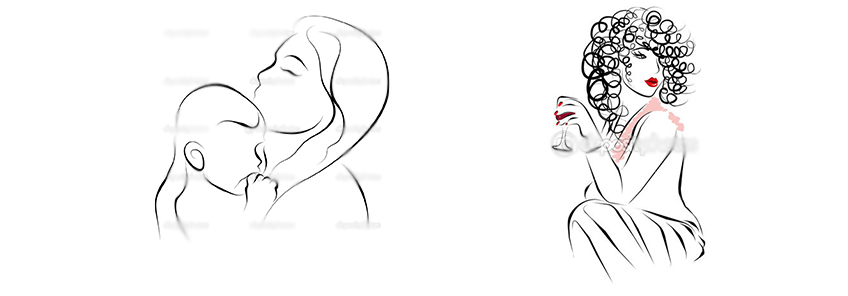Palpitation

Palpitation is a condition where you become abnormally aware of your own heartbeat. You may feel a sensation of skipped heartbeat, rapid and irregular heartbeat, a forceful thumping or fluttering sensation in your chest.
Palpitation, although worrisome, is usually harmless and short lasting. It can be triggered by stress, anxiety or medications. Sometimes , it may be associated with serious medical condition.You need to be concerned and seek medical attention if it is associated with following symptoms.
- Fainting/weakness
- Chest pain
- Severe shortness of breath
- Severe dizziness
Presence of above symptoms suggest a cardiac cause of palpitation that may lead to serious complications like:
- Fainting: If your heart beats rapidly, your blood pressure may drop, causing you to faint.
- Cardiac arrest: Rarely, palpitations can be caused by life-threatening arrhythmias and can cause your heart to stop beating effectively.
- Stroke: If palpitations are due to atrial fibrillation, a condition in which the upper chambers of the heart quiver instead of beating properly, blood can pool and cause clots to form. If a clot breaks loose, it can block a brain artery, causing a stroke.
- Heart failure. This can result if your heart is pumping ineffectively for a prolonged period due to an arrhythmia.
Causes
Heart-related Causes
- Different types of tachycardias (heart rate faster than 100 beats per minute in adults)
- Different types of bradycardias (heart rate slower than 60 beats per minute in adults)
- Irregular heartbeat or arrhythmias (a change in the rhythm of your heartbeat)
- Problems with the valves in your heart (Rheumatic fever, Rheumatic Heart Disease, Congenital lesions, complication of heart attack)
Non-heart-related Causes
- Thyroid disease with excess of thyroid hormone
- Anemia
- Certain medicines like asthma inhalers (albuterol) and cough and cold medicine (containing pseudoephedrine)
- Illegal street drugs like Cocaine, Amphetamines
- Caffeine (found in tea, coffee and soda)
- Alcohol
- Tobacco
- Strenuous exercise
- Hormone changes that occur with menstruation, menopause or pregnancy
- Stress or anxiety that causes strong emotional responses
- Panic disorder (when you have a panic attack or are fearful of something)
Sometimes palpitations may occur without a definite identifiable cause, approximately in about 1 of every 7 people having palpitations. Fortunately, in these people, palpitation is usually not harmful.
Management Options
Your doctor will ask you about your illnesses including medicines you are taking currently and will examine you. If doctor suspects heart disease causing palpitation, he or she will listen to your heart with stethoscope.
Your doctor will order certain investigations to rule out the probable causes of palpitation. Some tests are done to evaluate the heart function in order to know if palpitation is due to serious heart diseases.
- Blood tests: to diagnose anemia, thyroid function etc that may cause palpitation
- Electrocardiogram (ECG): to detect electrical activity of heart keeping the probes on your chest; may be done for 24 to 72 hours (Holter monitoring) and during palpitation (Event recording) as well. This helps doctor to find out abnormal heart rhythm and problems with heart.
- Echocardiogram: If underlying cardiac condition is suspected, this noninvasive test using ultrasound helps to identify the details of structure and function of heart.
If the serious problems like arrhythmia, heart attack, congenital or rheumatic heart lesions, anemia, hypothyroidism etc are found to be causing your palpitation, your doctor will prescribe treatment and advice as per the cause.
You may try yourself to improve your symptoms by avoiding the triggers:
- Reduce stress or anxiety: Using relaxation techniques, like yoga or meditation
- Avoid illegal drugs: Like cocaine and amphetamines
- Avoid stimulants: Like nicotine, caffeine, alcohol, energy drinks and some cold medicines
- Keep track of your palpitations: You may write down the time and circumstances in which palpitation occurred and avoid them as far as possible.



Send us your feedback on this article